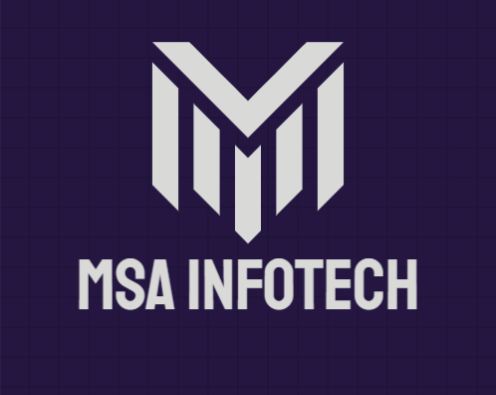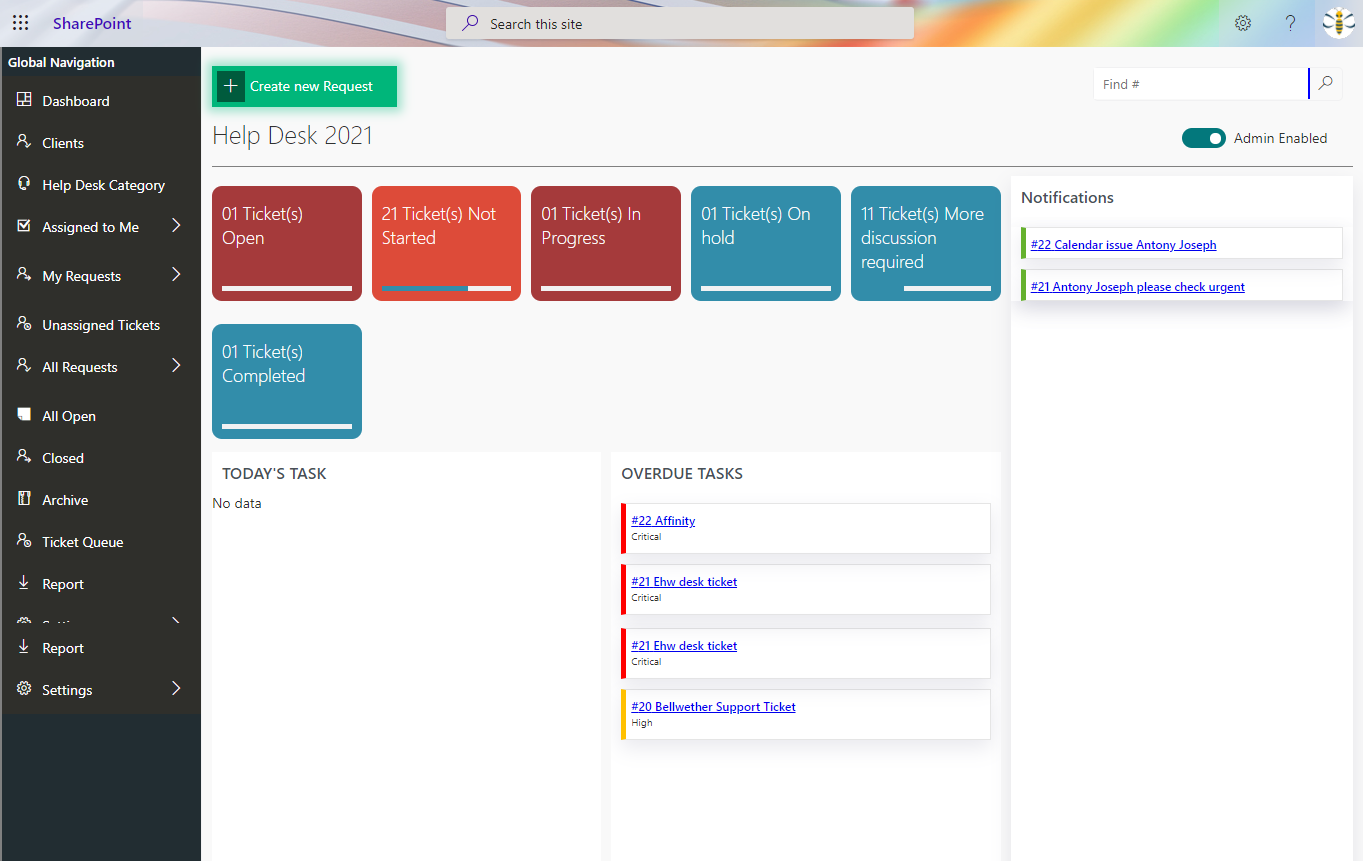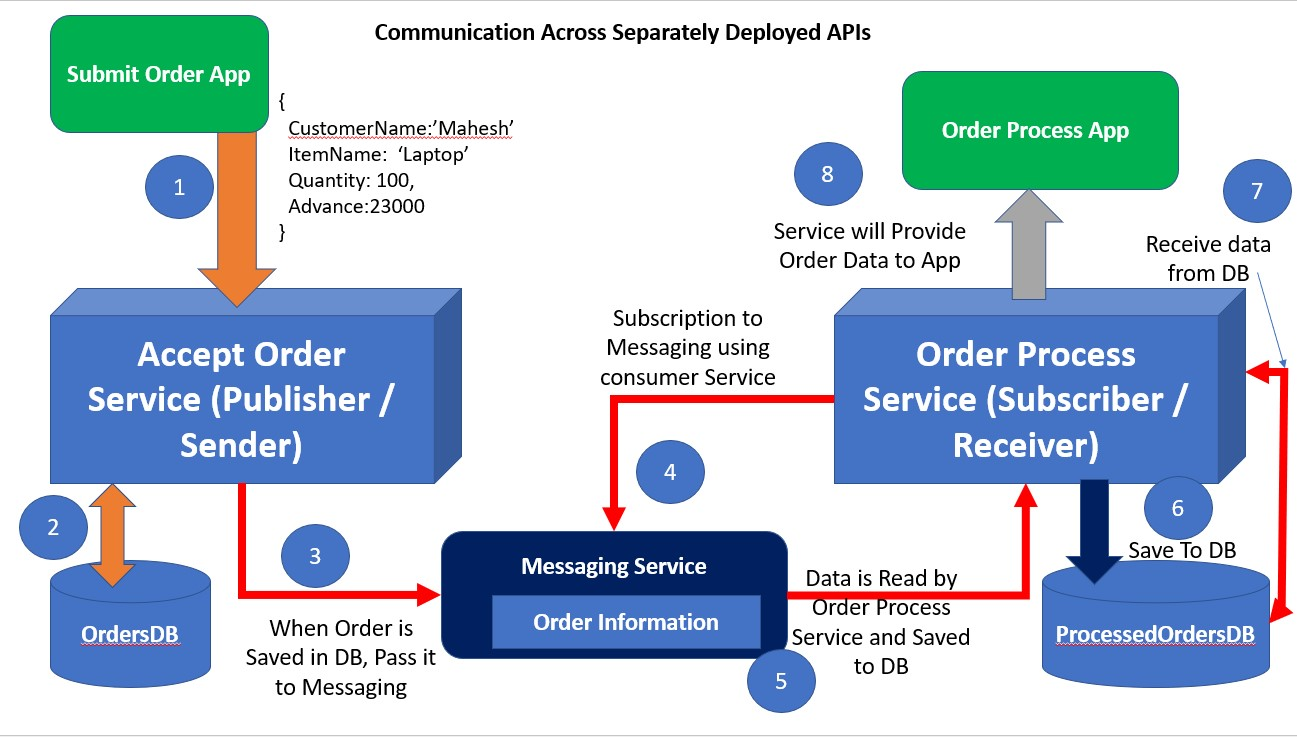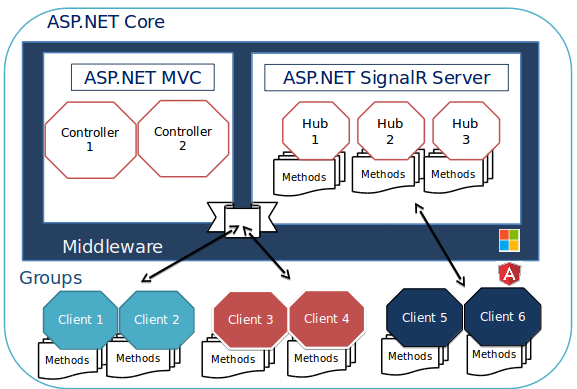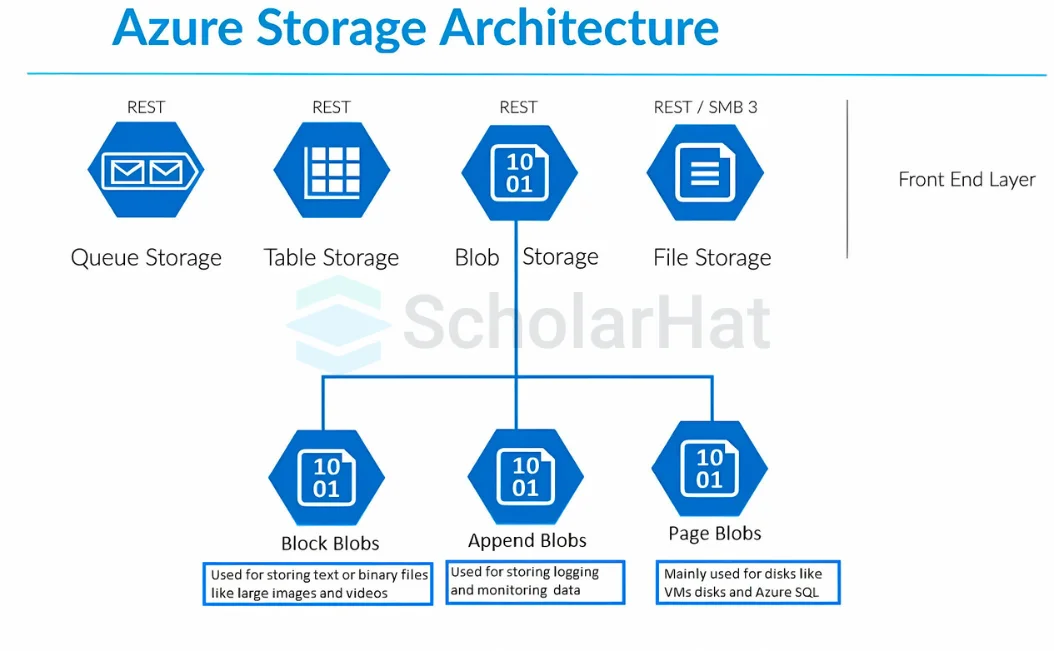Git and GitHub
- Data Engineering
- November 05, 2024
-
Git and GitHub
Introduction
Welcome to the world of collaborative coding! Have you ever wondered how multiple people can work on the same project without chaos? Enter Git and GitHub, the dynamic duo of version control. In this guide, we'll explore the basics of Git, a Version Control System (VCS) that tracks changes in code, and GitHub, a platform that takes collaboration to the next level. Let's dive in and empower your coding journey.
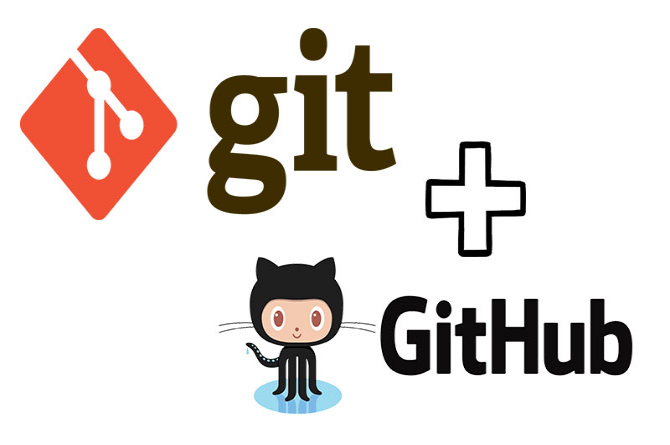
What is Git?
Git is a tool that helps software developers work together on projects. It keeps track of changes made to the code, allowing multiple people to collaborate without messing up each other’s work. Git also lets developers create separate branches to work on specific tasks and then merge their changes back together. It’s like a smart way to save and organize different versions of a project. Popular platforms like GitHub make it easier for developers to share their code and collaborate using Git.
What is GitHub and What does it do?
GitHub is a web-based platform that uses Git for version control. In simpler terms, it’s like a place on the internet where people can store and share their code with others. Here’s what GitHub does:
· Code Hosting:
o GitHub stores your code in the cloud, making it accessible from anywhere with an internet connection.
· Version Control:
o It uses Git to keep track of changes in your code over time, allowing you to see who made changes and when.
· Collaboration:
o Multiple people can work on the same project simultaneously, and GitHub helps manage their contributions.
· Pull Requests:
o When you want to add new features or fix issues, you can suggest changes through a “pull request.” Others can review and discuss your proposed changes before they are officially added.
· Issues and Bug Tracking:
o GitHub provides a way to report and track issues or bugs in your code, making it easier for teams to collaborate on problem-solving.
· Wikis and Documentation:
o You can create documentation for your projects, making it simpler for others to understand and contribute.
· GitHub Pages:
o GitHub allows you to host simple websites directly from your GitHub repository using a feature called GitHub Pages.
· Community and Social Coding:
o GitHub is a social platform, and developers can follow projects, collaborate with others, and contribute to open-source projects.
· Visibility:
o You can choose whether your projects are public (visible to everyone) or private (accessible only to selected collaborators).
· Integration:
o GitHub can integrate with various tools and services, making it a central hub for software development.
In essence, GitHub is a hub for hosting and collaborating on software projects. It makes it easier for individuals and teams to work together, share code, and contribute to open-source projects.
Difference B/W Git and GitHub
Git:
· Distributed version control system (DVCS).
· Tracks changes in source code locally on a developer’s machine.
· Allows users to commit changes, create branches, and manage code history locally.
· Operates through commands like git commit, git pull, and git push.
· Does not require an internet connection for basic operations.
GitHub:
· Web-based platform for hosting and collaborating on Git repositories.
· Provides remote repository hosting in the cloud.
· Adds collaboration features such as pull requests, issues, and discussions.
· Facilitates teamwork and code review through a user-friendly web interface.
· Requires an internet connection for interacting with the remote repositories on GitHub.
In conclusion, Git is a version control system that tracks changes in code, while GitHub is a platform for hosting and collaborating on Git repositories. Version Control System (VCS) manages code versions, and Git and GitHub differ as local and remote repositories. Git installation is straightforward, and key commands enable efficient version control.
Start Your Data Journey Today With MSAInfotech
Take the first step towards data-led growth by partnering with MSA Infotech. Whether you seek tailored solutions or expert consultation, we are here to help you harness the power of data for your business. Contact us today and let’s embark on this transformative data adventure together. Get a free consultation today!

We utilize data to transform ourselves, our clients, and the world.

Partnership with leading data platforms and certified talents
